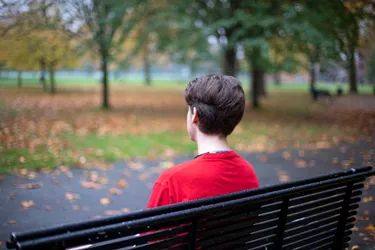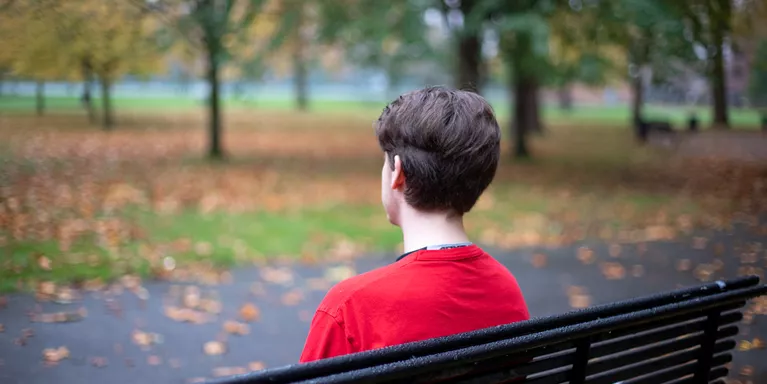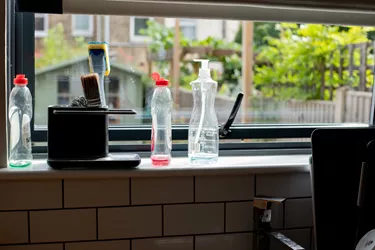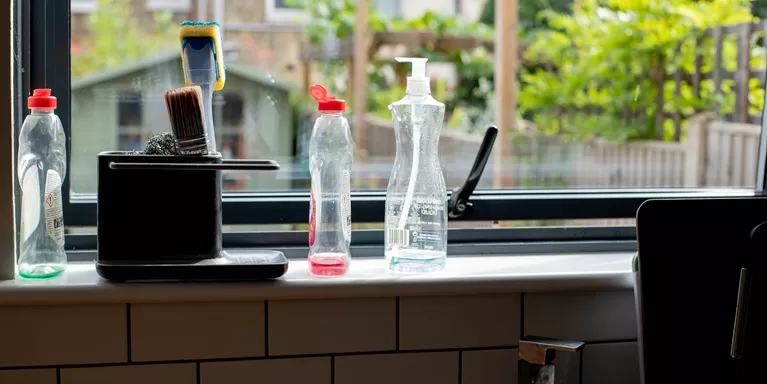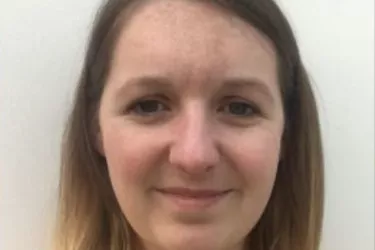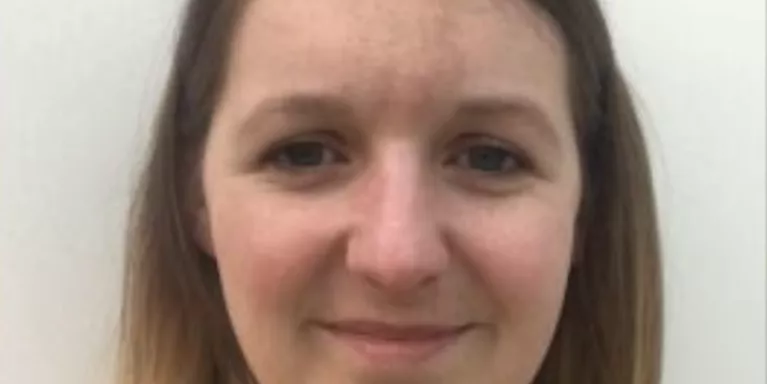Living with OCD
Charlotte blogs about her experience of OCD and how it affects her day-to-day life.
Charlotte has recently completed a foundation degree in Science and Psychology at USW and will be going on to study a degree in Psychology and Criminology in September. She is also a youth worker and in her spare time enjoys playing the guitar.
I’ve been thinking about writing a blog for a while, but I’ve never really known how to write my experiences without feeling like I’ve committed a horrific crime. Obsessive Compulsive Disorder (OCD) has a horrible way of making you feel like that – it can take over every waking thought.
The constant fear of me not being able to do anything ‘right’
Imagine the utter horror of taking someone's life. Now, your brain can probably disregard that thought quickly, so you’re not aware of it for long. But imagine having that thought over ten times a day - and not being able to get rid of it.
At 15, I started experiencing intrusive thoughts like this. They were quite mild at first - but now I get them frequently. They are my ‘obsessions’ - the more you try to forget what you’re thinking, the more they appear in your mind. Without realising it, I started doing rituals to try to get rid of these thoughts - my ‘compulsions’. I had no awareness of what was going on. I spent years thinking I was some kind of horrific serial killer who just hadn’t been caught by the police yet. But what was actually happening was the symptoms of OCD.
"Anyone who says that having OCD is ‘helpful’, couldn’t be further from the truth..."
As I got older, I began believing that my family and friends would get harmed if I didn’t do something ‘right’. And I’d also developed a massive issue with food and drink contamination. A childhood fear of rejection, and that fear of contamination, led to me feeling like I had no control over anything in my life. Trying to juggle three ‘A’ Levels with the constant terrors of harming someone and contamination all became too much.
I thought being skinnier would solve my all problems and help get back the feeling of control I desperately wanted. In fact it made things a million times worse. I restricted my food intake massively and began exercising at every opportunity. And I started spending less time with the people I liked, because I was scared I would do harm – hurting someone is my worst nightmare, so that’s what my OCD revolved around.
"Now, imagine having that thought entering your mind over 10 times a day, and not being able to get rid of it…"
Sixth form became harder as time went on. My compulsions became weirder and more frequent. Trying to write was the absolute worst. I would constantly write and rewrite notes until they looked ‘right’. My various compulsions included avoiding cracks in pavements, repetitively counting tiles, buttons and lines, walking on the side closest to the traffic, checking the news 3 times a day, making sure things are ordered symmetrically on my desk and hand sanitising after touching pretty much anything… By 19 I was, at last, diagnosed with OCD.
I can’t begin to tell you how annoying it is to have OCD. Not only do the thoughts constantly cause me a huge amount of anxiety, the compulsions/rituals take up so much time and effort that I sometimes can’t even remember what I was doing.
"I spent years thinking I was some kind of horrific serial killer who just hadn’t been caught by police."
Anyone who says that having OCD is ‘helpful’ couldn’t be further from the truth. I may spend hours cleaning dishes and making sure my things are organised/symmetrical - but when will any of these compulsions benefit me? NEVER. I do these compulsions because if I don’t, I truly believe my family and or friends will be hurt in some way.
But at least OCD is slowly getting the recognition it needs as a serious mental health problem because so many sufferers and celebrities (like Mara Wilson and Rose Dix) have talked openly about their struggles. I think Rose, Mara and Kati Morton's great influence has helped OCD and mental health in general, become less stigmatised now.
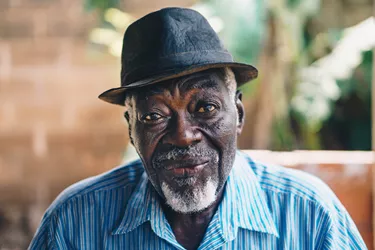

Information and support
When you’re living with a mental health problem, or supporting someone who is, having access to the right information - about a condition, treatment options, or practical issues - is vital. Visit our information pages to find out more.
Share your story with others
Blogs and stories can show that people with mental health problems are cared about, understood and listened to. We can use it to challenge the status quo and change attitudes.












